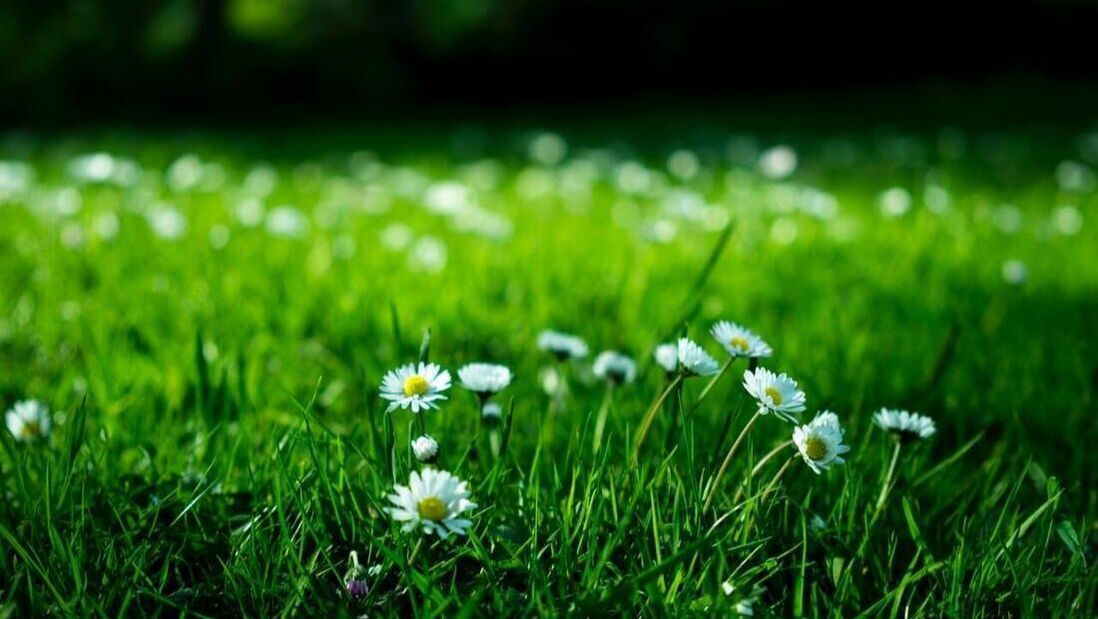The Inner Dimension of Going Green: Articulating an Islamic Deep-EcologyOur interaction with nature is clearly constrained and directed by such foundational ethical precepts as mercy, moderation, and gratitude, which, when systematically understood and applied, result in ecological health. But ethical precepts refer ultimately to human nature, and therefore ecological health is rooted in psychological health. From this deep-level perspective, environmental degradation is less a resource-problem than an attitude-problem. This psycho-ecological approach toward preserving and enhancing environmental health is explored by considering some pertinent aspects of Islamic socio-intellectual history and their relevance for re-articulating and re-applying authentic Islamic environmental ethical values in today’s world.
|
Adi Setia
|
|
© Center for Islamic Sciences. All Rights Reserved.
Designed and Developed by Crescent Marketing Solutions |


